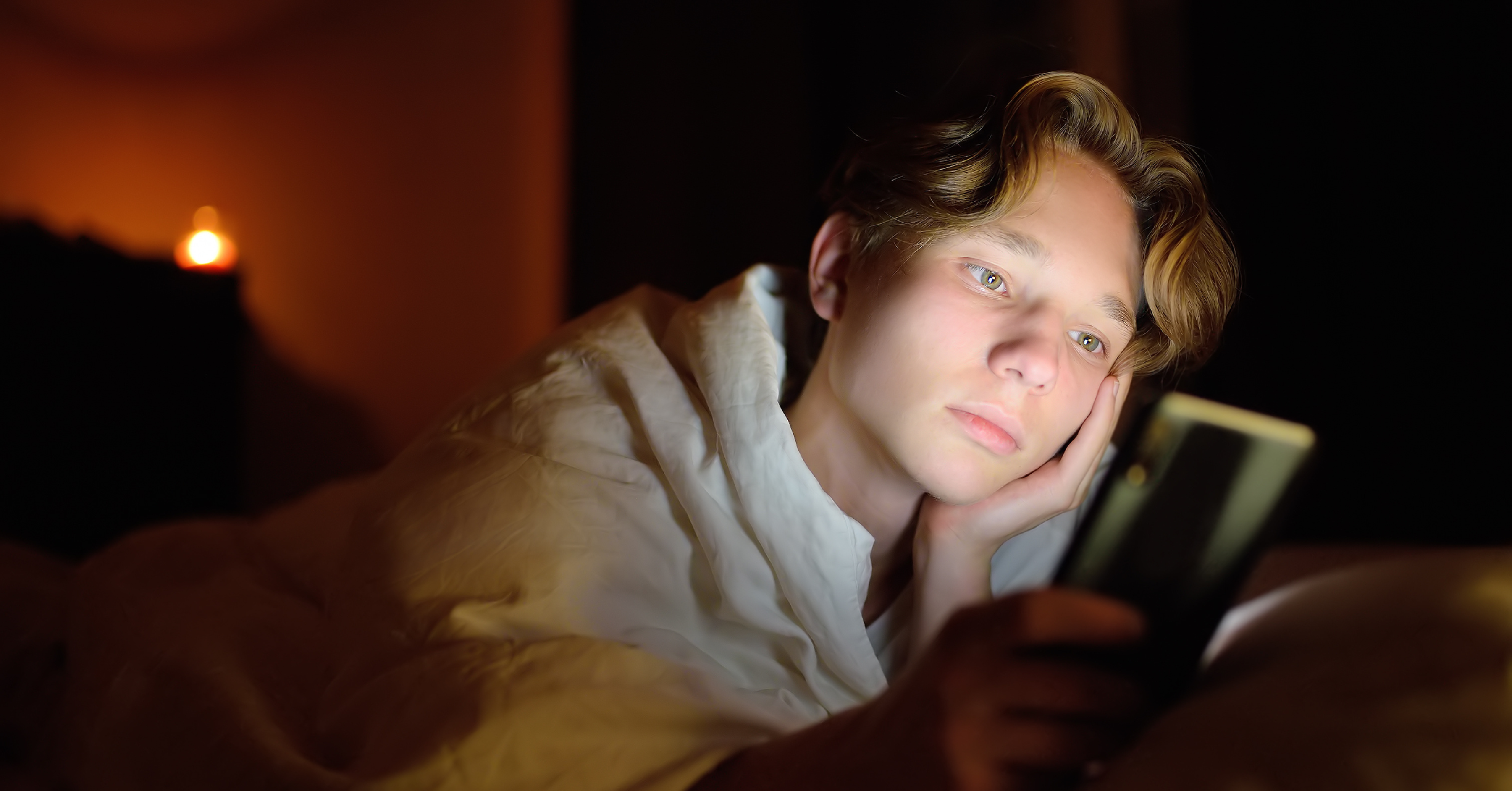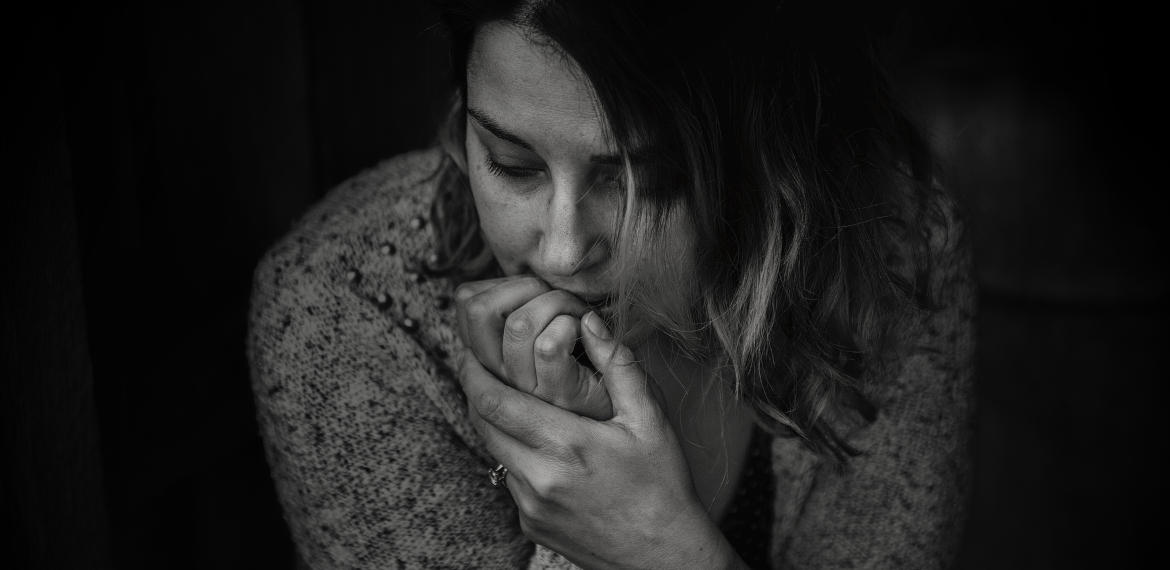
How Social Media Affects Teen Mental Health, and What Parents Can Do
Do you find yourself worrying about the impacts of social media use on your teen’s mental health? You’re not alone. In fact, even teenagers are concerned about how social media influences their peers' day-to-day moods and overall well-being, according to a study by the Pew Research Foundation.
Globally, teen mental health is becoming a top concern for many public health officials. Some researchers attribute this to the isolating effects of the COVID-19 pandemic, while others focus on how increased phone usage, especially social media, comes into play. But how can you as a parent help your teen reduce the negative impacts of social media? We at Lifeologie Counseling are here to share interventions and strategies, as well as to shed a light on the top contributing factors that affect tens and social media use.
peer relationships
As a former high school counselor, I have seen firsthand the impacts that social media use has on young people and their mental wellbeing. I used to see many students who were in the middle of disagreements over friend disputes or the ending of romantic relationships. These arguments between peers often originate and are maintained on social media platforms and can spiral out of control. Posts disparaging former friends or significant others are shared and spread around school, escalating the situation. As a result, teens become distracted and upset and can start developing a negative self-image.
self-image
Social media can also have an impact on how teens view themselves, especially teen girls. With features like FaceTune, unrealistic beauty standards, and the proliferation of social media influencers, these factors can exacerbate body dysmorphia. The constant comparison between themselves and unattainable ideals can create w self confidence and low self worth.
sleep disruption
Unfettered use of social media can lead to disrupted sleep patterns. Teens who use their phones at night before bed may not be able to get a good night's rest. They may not be able to pull themselves off their phones if they’re texting with friends or viewing Instagram stories or TikToks (it happens to the best of us!) Poor sleep can result in the inability to emotionally regulate and can lead to mental exhaustion. Multiple studies have been conducted around the effect screens have on sleep, especially at night, and it is recommended to disengage from screens before bed or decrease screen time altogether. (Study link).
isolation and fomo (fear of missing out)
While social media has the ability to connect people, it can also lead to feelings of isolation. Constant monitoring of what others are doing may lead to feelings of being left out and feeling as if they don’t lead full or good enough lives. Comparing what others are doing or what others have can lead to low self-worth and feelings of inadequacy.
how parents can help
Communicate with your teen about their social media use. Let them know that you are there to listen and familiarize yourself with the way your teen interacts with their social media accounts.
Establish healthy boundaries around social media use. Time limits on phone usage can be helpful throughout the day and at night. For example, no phone use during mealtimes, family time, or before bed.
Model appropriate online behavior. Parents are responsible for showing their teens respectful online behavior. Most adults have a social media account, and how they act online impacts how their children act online.
Advocate for cell phone policies in school if none currently exist. Schools are beginning to embrace stricter cell phone use during the school day, but if your child’s school doesn’t have a policy yet, contact your school administrators or school board and request one be implemented.
how therapy can help
Learning conflict resolution skills can lead teens to resolve arguments in a peaceful manner. By taking a step back, sitting down and having a conversation, and discussing similarities or differences in a calm environment can help prevent the dispute from escalating onto social media.
Teaching teens about healthy relationships with their peers is also key to healthier online use. By recognizing and acknowledging inappropriate behaviors teens can make decisions about who they spend their time with and create more positive relationships with others.
Creating boundaries with others plays an important role in relationships. Through learning how to create boundaries and hold to those boundaries, teens can maintain healthy relationships, develop social skills, improve decision making skills, and build independence.
Implementing emotional regulation can help reduce automatic behaviors. Teenagers' brains are still developing and it is challenging for them to be proactive instead of reactive. By learning coping skills that strengthen emotional regulation, teens can learn to de-escalate their emotions instead of instantly posting negatively about themselves or others.
If you have concerns around your teen’s mental health needs amidst their social media use, reach out to me at Lifeologie Counseling Raleigh in North Carolina, My counseling approach thoughtfully blends person-centered therapy, cognitive behavioral therapy (CBT), solution-focused brief therapy, and mindfulness techniques. CBT helps teens understand how their thoughts, feelings, and behaviors are connected, especially when it comes to worries that can sometimes accompany social media use. Through CBT, teens learn to identify unhelpful thinking patterns such as, “everyone else is happier/doing better than me” or “I have to respond right away for others to like me/include me”, and replace them with more balanced, less emotionally charged thoughts.
Counseling sessions with me encourage teens to practice healthy coping skills, such as mindfulness, problem-solving, and setting boundaries around screen time. With professional counseling, teens can build confidence in managing emotions offline, strengthen skills to build real-world connections, and find a healthier balance between technology and well-being. CBT empowers them to take back control of their time, their mood, and their peace of mind.
Please reach out to me at Lifeologie Counseling Raleigh or Durham if you have a teen in North Carolina you are concerned about. I have immediate availability for new-client appointments and am in network with most insurance plans. Or, search our directory to find a therapist near you who help teens heal and thrive.

About Kate Carbocci
Kate Carbocci is a Licensed Clinical Mental Health Associate (LCMHC-A) and Licensed School Counselor who brings empathy and professional expertise to her counseling practice for children, adolescents, and adults. She specializes in helping clients navigate depression, anxiety, relationships, bullying, thoughts of self-harm, and other mental health challenges.
Meet Me.png)
.png)

.png)
